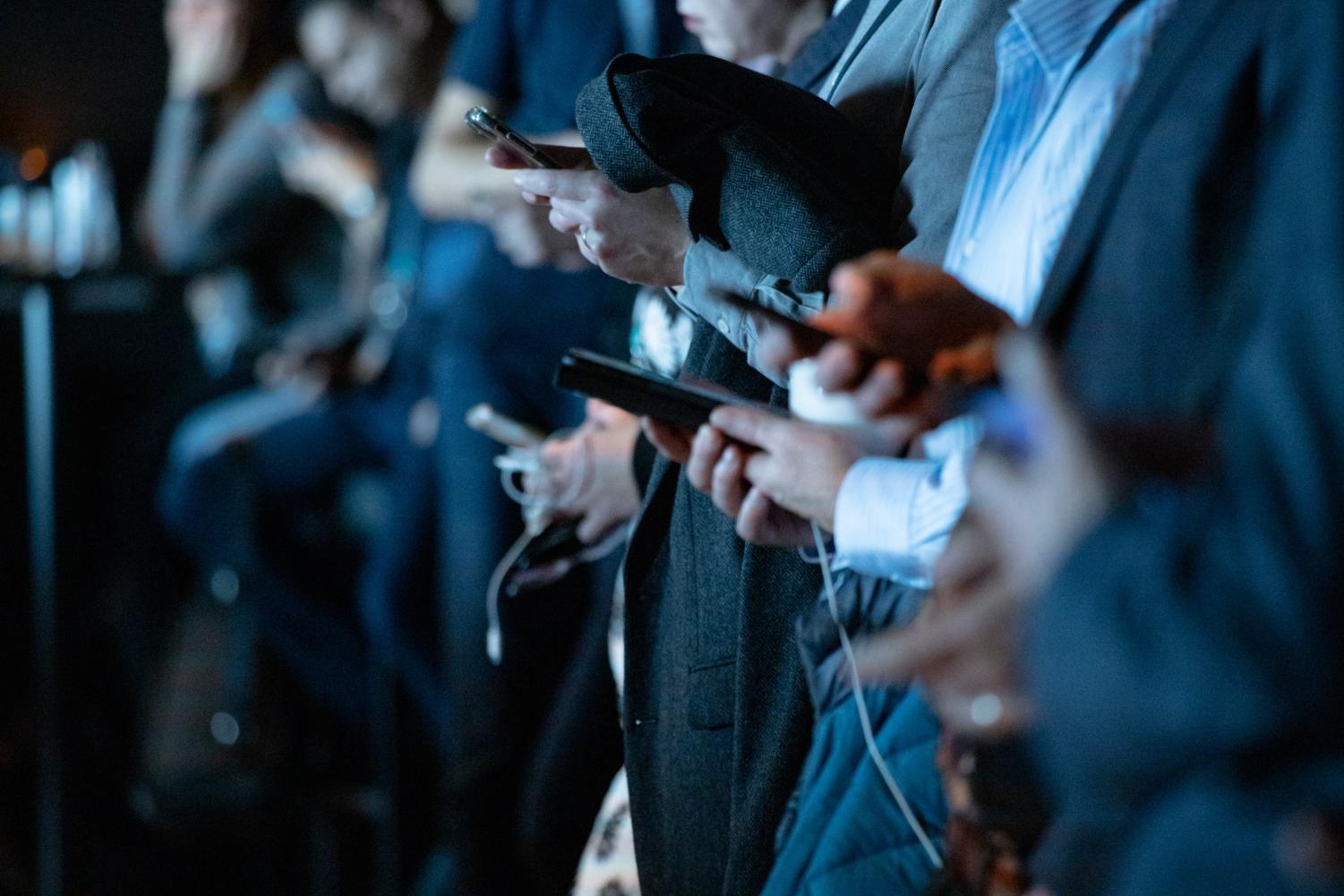Eating disorders. Body image. Social anxiety. Fear. Depression. Suicide. Social media causes many users to empathize with these experiences. There is no young person left untouched. It is a new way of life—our generation is just the first to undergo the psychological fallout of social media.
The Wall Street Journal recently discussed how Facebook capitalizes off of social media’s harmful effect on young women—they know about it yet do nothing to help. Facebook solely focuses on itself and its profits, not on the millions of young people around the world who experience the negative psychological and emotional effects of social media.
There are increasing rates of Tourette syndrome among teenage girls as well as self-harm and depression among young people who spend much of their time on social media. Each hour spent scrolling through Instagram feeds or sending TikTok videos multiplies “depressive symptoms,” CNN reports.
Young people face a pandemic of psychological and social problems as a result of increased social media use. Bombarded with an overload of unnecessary information, sometimes young people feel heavy-laden by a responsibility to carry the world’s burdens. Understanding the implications of information overload, young people must guard their hearts and minds when using social media to prevent further psychological damage.
THE BRAIN
According to Oxford University Press, “The experience of providing likes to others on social media related to activation in brain circuitry implicated in reward, including the striatum and ventral tegmental area, regions also implicated in the experience of receiving likes from others.”
This report reveals that social media creates a dependency on likes for affirmation, resulting in negative psychological impacts when people do not receive this affirmation—increasing isolation and depressive tendencies.
From sexting to cyberbullying, the results of social media are endless and unnecessary. The American Academy of Pediatrics warns parents to guard their children against the unhealthy environments the platforms may provide. By encouraging parents to teach their children how to be wise with their use, young children will learn to replace social media’s affirmations with genuine human connection.
IT IS ADDICTIVE
Like a drug, young people become addicted to social media. Pulling away from social media can cause serious withdrawal symptoms. Nottingham Trent University reported that social media fit the addictive sphere “because addiction criteria, such as neglect of personal life, mental preoccupation, escapism, mood modifying experiences, tolerance and concealing the addictive behavior, appear to be present in some people who use [social networks] excessively.”
Breaking an addiction is never easy. According to a study conducted by Swansea University, when people stop using social media, they exhibit anxiety and stressors similar to trying to break an alcohol or drug addiction.
Young people tend to mindlessly scroll Instagram rather than experience feelings of sadness or anger. This creates a dependency on social media to cope with difficult emotions or situations, furthering addictive tendencies. It is important to be aware of social media use, monitor it and take measures to ensure it does not gain any control.
IT CAUSES SADNESS
Facebook causes sadness. The Guilford Press Periodicals reported that social media users experience sadness more intensely than most people because they constantly face comparison to others and judgement from others. They compare their lives to others’ highlight reel.
Social media leads to negative psychological results if left unchecked. Be cautious with it. If not, young people will be vulnerable to compromising their psychological and emotional well-being for a few extra ‘likes.’
This is the second part of an article series on social media’s impact on college students.
Find the first article here: Social media and college students, part I












